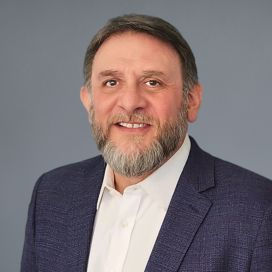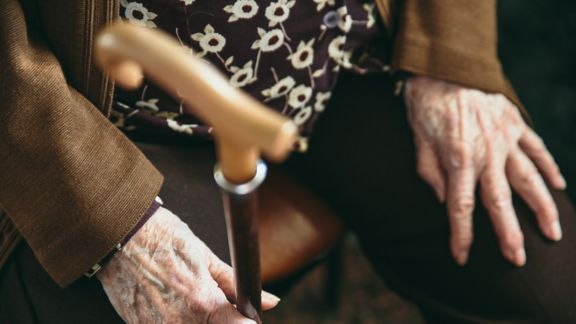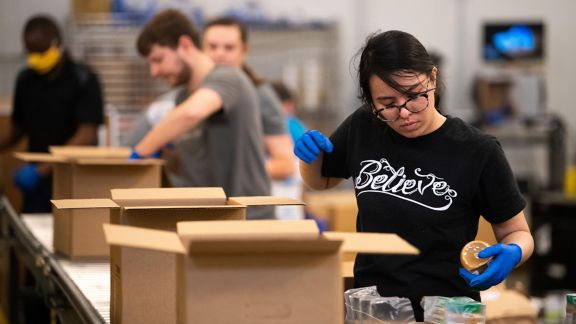Since 1941, when NORC surveyed public opinion about the United States’ possible entry into World War II, NORC has been helping the nation respond to crisis. We’ve explored the impact of the Kennedy assassination, done groundbreaking work on HIV/AIDS and the opioid epidemic, and studied community resilience in the aftermath of the 9/11 attacks, and Superstorm Sandy.
Pandemics, natural disasters, and other crises are complex events that disproportionately affect our most vulnerable populations, exacerbating existing health, education and socio-economic inequalities. Understanding how crises unfold and how communities respond to them and using those insights to help policymakers and program developers make informed decisions in an essential part of NORC's mission. That's why we've built capacity and expertise in areas such as poverty and inequality, educational diversity and disparity, and health disparities.
- Contact tracing. NORC has been conducting large, interview-based health projects throughout its history. From 2015 to 2020, we completed more than three million hours of interviews. A significant portion of those interviews were in support of national, large-scale health initiatives. That experience, coupled with our extensive public health expertise and flexible call center capacity, make us an ideal contact tracing partner for states and municipalities.
- Measuring the pandemic's impact. COVID-19 is more than a public health crisis. It is a social, economic, and educational crisis as well. NORC researchers have the subject matter expertise and methodological skill to formulate the questions, gather the data, and conduct the analysis that help policymakers understand the effects of the pandemic and develop effective responses. We’re especially adept and deploying rapid-response surveys—either as independent projects or as supplements to existing work—that provide in-the-moment insights into the pandemic’s impact on individuals and communities.
- Developing and assessing communication campaigns. Through practice areas such as our Digital Strategy and Outreach team and the Social Data Collaboratory, and through partnerships with traditional and digital communications firms, NORC has the expertise and capacity to both create and evaluate public health communication campaigns across all media.
- Assessing public opinion. What members of the public think, feel, and know about the pandemic significantly influences how willing they are to abide by public health recommendations or support other interventions. Through tools like AmeriSpeak, our nationally representative, probability-based survey panel, and partnerships like The Associated Press-NORC Center for Public Affairs Research, NORC is able to quickly and accurately gather and disseminate public opinion data on emerging pandemic-related issues.
- Disseminating data to a variety of audiences. From spotlight infographics that clarify particular aspects of the pandemic for journalists and the general public to data dashboards that make de-identified survey data available to a variety of stakeholders, NORC has the data visualization and digital UX skills to maximize the impact of your research.
COVID-19 Insights Initiative Experts
-
J. Michael Dennis
Senior Vice President -
Caitlin Carroll Oppenheimer
Senior Vice President -
Trevor Tompson
Senior Vice President -
Jennifer Benz
Vice President -
David Cotton
Vice President
Our Expertise
Discover Our Research
Explore NORC’s efforts to understand COVID’s impact on the economic, educational, and emotional well-being of people around the world.









